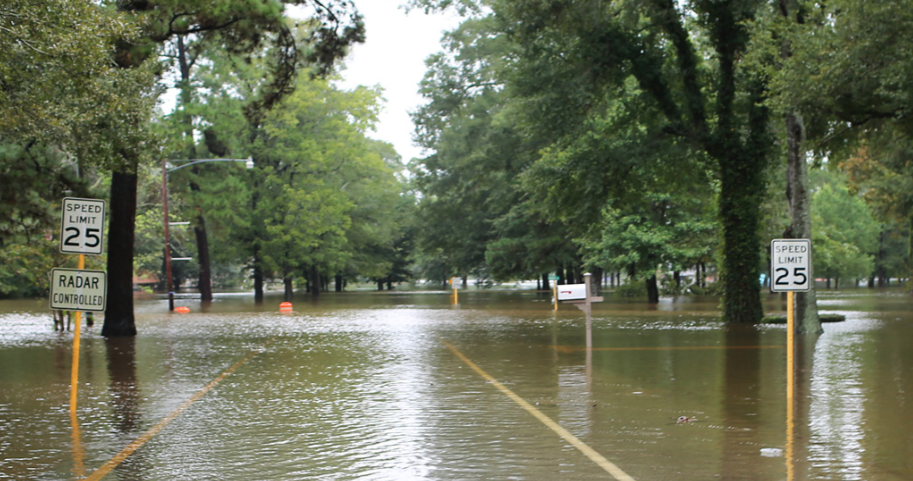After a quick round of public meetings, the city council unanimously approved the housing and community development department's local action plan Wednesday for roughly $1.15 billion in recovery dollars. The draft plan now heads to the state's General Land Office (GLO) for another round of public input before being put before the U.S. Department of Housing and Urban Development (HUD).
Though the funding represents a significant chunk of the $5 billion allocated to the state for recovery funding in November, it falls well short of the need. "It is not enough for a full housing recovery," Tom McCasland, head of the housing and community development department, told the housing and community affairs committee on June 19. According to the draft plan, the city estimated some $2.3 billion in remaining unmet housing need, using the General Land Office's formula for calculating unmet need. The city plans to release its own unmet need assessment later this summer, but the plan's summary notes, "We know that $1.15 billion is nowhere near enough to meet the unmet housing need in Houston."
Somewhere around "29 percent of the city's population was likely affected by Hurricane Harvey through damage to their homes from floodwaters," according to the plan, with an estimated 24,000 families displaced to hotel rooms. That, however, is an underestimate "as many people found shelter with family or in local shelters in religious community centers, rented units or recreational vehicles."
With an affordable housing shortage before the storm, the plan anticipated that the situation has only grown more severe after Harvey. A recent point in time count by the Coalition for the Homeless of Houston/Harris County found that, after large decreases over the last several years, the number of sheltered and unsheltered homeless persons in the area increased by 15 percent between 2017 and 2018.
While the draft plan identifies unmet need for both homeowners and renters across income levels, the largest share of unmet need was for renters earning 30 percent or less of the area median income, roughly $25,000 for a family of four. The federal government requires that 70 percent of the funds be used "to support activities benefitting low- and moderate-income persons," according to the plan summary.
After the GLO publishes a new action plan and submits it to HUD, the federal department has 45 days to approve the plan. Meanwhile, the city's housing department will create more detailed program guidelines once its assessment is completed. Applications for those programs will open this fall, according to the housing department. Even with the plan making its way through the process, McCasland told the housing and community affairs committee that the intake process is already being set up and that he expects to see funds available in September.
The state's recovery plan for the $5 billion was approved by HUD Monday. Shortly after, the housing advocacy group Texas Low Income Housing Information Service filed a complaint with HUD, arguing that the plan does not adequately provide for vulnerable populations, including people of color and low- and moderate-income residents.
In addition to the November allocation to the state, HUD allocated an additional $4.7 billion in April for unmet need and mitigation purposes. The federal department will "shortly issue requirements governing those funds, and Texas, along with other states, will be required to submit plans addressing the use of those funds," according to a release from HUD.

